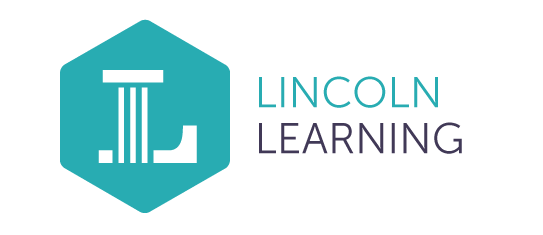
As published in the Beaver County Times:
As we daydream about life after the pandemic, so many things come to mind – a real vacation; long, lingering family dinners; hanging out with friends at a sporting event or over a cup of coffee. The list is limitless.
Some prognosticators speculate we’ll experience a period like the Roaring ‘20s when the economy recovers, and everyone relentlessly pursues social interaction. Whatever the case, we’re in for a big exhale.
I can’t help but wonder, though, what we will take away from this saga. What will we learn, and will we have the sense and the fortitude to make changes for the better?
Certainly, employers now understand that much can be accomplished when their teams work from home. So, in post-pandemic life, rather than putting employees through the stress of digging out from under a snowstorm, for example, the boss may tell everyone to work from home.
Execs may even initiate routine work-from-home days to cut back on overhead while providing their staff with a perk. They now know that productivity levels won’t take a dive simply because the home office replaces the company office.
As a VP at Lincoln Learning Solutions, I witnessed it up close and personal last summer when schools scrambled to prepare for online and blended learning, and we were slammed to meet the demand. I was in awe of the teamwork and camaraderie as everyone chipped in to ensure a smooth transition for the record number of students, teachers, and administrators counting on us to get them off to a successful school year.
Thanks to our team's mindset and dedication - not their office location - thousands of children across the country are experiencing robust online and blended learning.
It’s not lost on any of us, though, the crucial role of parents – many of whom are now home all day. They are ratcheting up their kids’ learning experiences. While perhaps frustrated with the dual responsibility of maintaining their own workloads and buttressing their children’s lessons, they are making a huge difference.
By engaging on a broader scale with their children’s classwork, knowingly or not, they are providing encouragement. Studies show that the more parents are involved, the better their kids achieve academically.

Even the standardized tests that measure academic achievement and have been mandatory for acceptance by most universities have been turned on their heads.
Studies have concluded for decades that students with good grades and modest testing do better in college than students with high scores and lower grades. Yet, it took a pandemic for most schools to waive the traditional requirement.
Our unheralded front-line workers, teachers, are learning the benefits of non-traditional requirements and approaches as well. Learning and achieving more than ever, they are harnessing the advantages of technology to assure their students are staying on track. In many cases, they trained on their own time to adapt to digital platforms and blended learning models that not only keep students engaged, but also give taxpayers more bang for their buck.
We even took steps toward closing the digital divide, which looked more like an abyss at the pandemic’s outset. So many schools scrambled to provide their students with laptops so they could continue learning. Although shortages and shipping issues hampered their efforts, most schools eventually were able to provide kids with the tools they needed.
Of course, the tools are of little or no use without access to connectivity. While many internet service providers stepped up to the plate, they still did not achieve universal connectivity. Sadly, zip codes and income still loom large in 2021, underscoring the need for more progress.
I don’t claim to have the political answers to these questions, but we can achieve a lot by heeding the lessons we’re learning. We simply need the will.
K-12 schools can more effectively set schedules, knowing kids can learn remotely when they’re on a family vacation or recuperating from an illness or when Mother Nature dumps a foot of snow. Employers can help by allowing parents to stay home and work when schools pivot to online learning.
Blended learning models provide schools with the luxury of giving their students more opportunities. Courses in diverse sectors of sciences, math and languages are more easily made available. Why not give kids a chance to learn Chinese, Arabic and Greek, for instance, in addition to French, German and Spanish?
Teachers must be treated as the front-line workers they are and be given access and time to master new technologies. Business and government must come together to bridge the digital divide. Parents must be encouraged to play a hands-on role.
Let’s look forward to life after the pandemic. Yes, so we can revel in our renewed freedom, but also so we can rejuvenate the tired routines that once stagnated critical aspects of our lives.
 Rachel Book is the Vice President of Sales and Marketing. She has a doctorate in education and oversees marketing, sales, implementation, and client success. Lincoln Learning Solutions serves nearly 600 schools in 14 states, and more than 265,000 students across the country.
Rachel Book is the Vice President of Sales and Marketing. She has a doctorate in education and oversees marketing, sales, implementation, and client success. Lincoln Learning Solutions serves nearly 600 schools in 14 states, and more than 265,000 students across the country.
Related Posts
Supporting Parents in Online learning
One of the most surprising results brought on by the COVID-19 pandemic was the significant...
Success Story: leadership summit
Our business model is simple; our clients come first. We aren’t in the market simply to sell a...
Penn State Lincoln Learning Endowed Scholarships Awarded
Lincoln Learning Solutions is proud to recognize Liz Pellicano and Aaron Csuy as the first...

